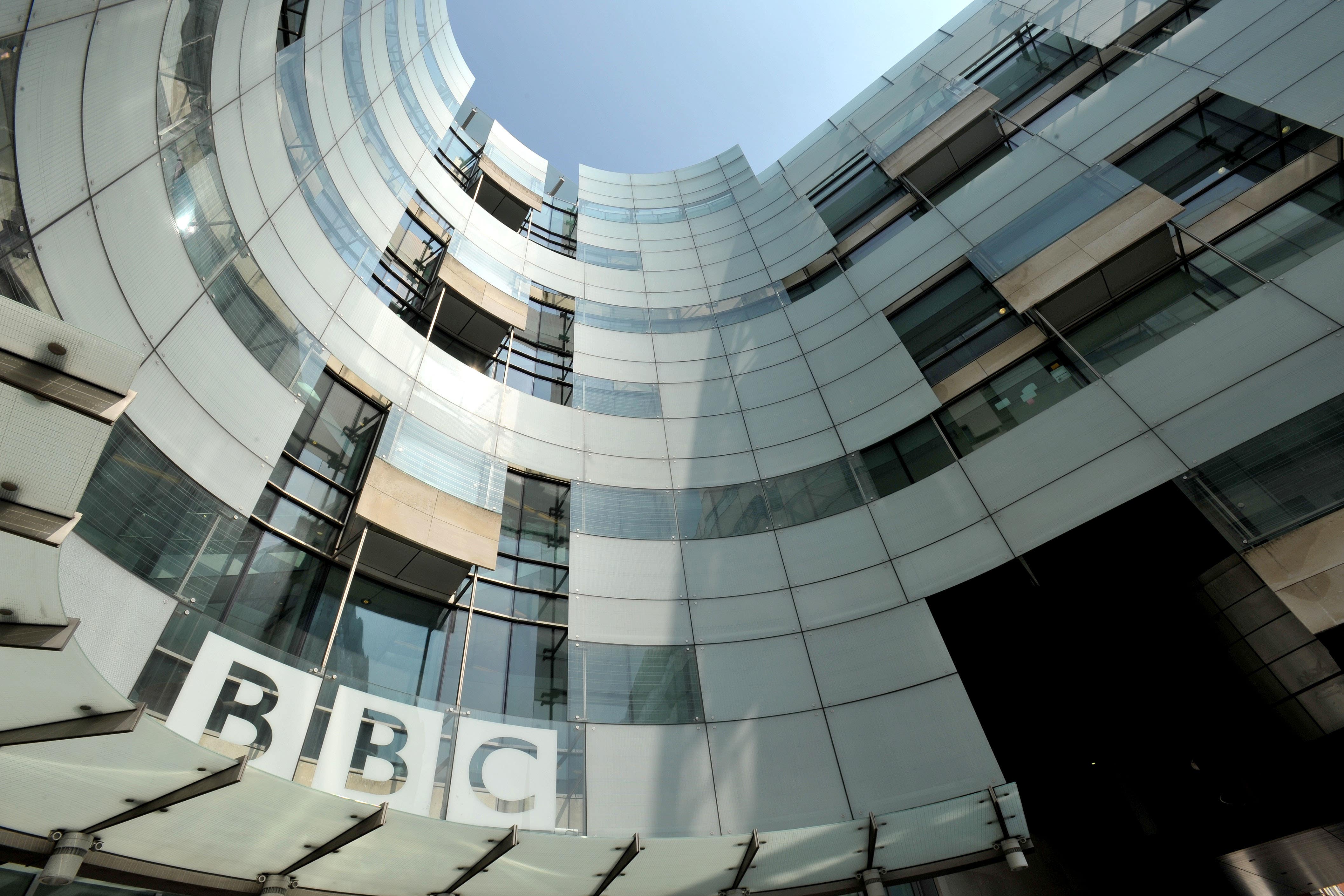BBC made ‘significant editorial failings’ in report into antisemitic bus attack
The Board of Deputies of British Jews and the Chief Rabbi were among those that complained about the broadcaster’s coverage.

Media watchdog Ofcom has concluded the BBC committed “significant editorial failings” in its reporting of an antisemitic attack on Jewish students travelling on a bus in London.
The body said its investigation found the broadcaster failed to observe its editorial guidelines to report news with “due accuracy and due impartiality”.
The incident on November 29 2021 saw a group of about 40 young Jewish people aboard a Hanukkah party bus in London’s Oxford Street attacked by a group of men who swore, made obscene gestures and threw a shopping basket at them.
In its coverage, the BBC reported that an anti-Muslim slur had been heard from inside the bus.
Following BBC coverage on December 2, the Board of Deputies of British Jews and the Chief Rabbi were among a significant number of groups and individuals who complained to the broadcaster about the accuracy and impartiality of the coverage.
Ofcom said in a statement: “Our investigation uncovered significant editorial failings in the BBC’s reporting of an antisemitic attack on Jewish students travelling on board a bus in London.
“The BBC’s reports claimed that an audio recording made during the incident included anti-Muslim slurs – which it later changed to the singular ‘slur’ – which came from inside the bus. Shortly afterwards, it received evidence which disputed this interpretation of the audio.
“The BBC failed to promptly acknowledge that the audio was disputed and did not update its online news article to reflect this for almost eight weeks. During this time the BBC was aware that the article’s content was causing significant distress and anxiety to the victims of the attack and the wider Jewish community.
“This, in our opinion, was a significant failure to observe its editorial guidelines to report news with due accuracy and due impartiality.”
The BBC apologised at the time for not acting sooner to highlight that the contents of the recording was contested
Ofcom said it had also investigated a connected report broadcast on BBC London News, concluding that “at the time it was broadcast and for the 24-hour period it was available on the BBC iPlayer, the programme did not breach our rules”.
It added: “That said, the BBC made a serious editorial misjudgment by not reporting on air, at any point, that the claim it had made about anti-Muslim slurs was disputed, once new evidence emerged.”
The watchdog said the BBC’s “failure to respond promptly and transparently created an impression of defensiveness by the BBC among the Jewish community”.
Ofcom said the BBC has “further to go” in learning how to responding to critiques of its reporting.
It will also review how the broadcaster addressed the complaint, handling and transparency issues raised by the incident.
A BBC spokesman said: “While Ofcom has found that our reporting was not in breach of the Broadcasting Code, the BBC’s Executive Complaints Unit ruled in January this year that more could have been done sooner to acknowledge the differing views about what could be heard on the recording of the attack.
“The BBC apologised at the time for not acting sooner to highlight that the contents of the recording was contested.”
A spokesperson for the Campaign Against Antisemitism said: “Almost a year after the BBC’s abominable coverage of an antisemitic incident on Oxford Street, Ofcom has seen what every viewer and reader of the BBC’s coverage could but which the BBC itself refused to accept: its reportage added insult to the injury already inflicted on the victims and the Jewish community, and abysmally failed to meet the most basic editorial standards.
“Ofcom’s decision today begins to undo that insult.
“Sadly, the BBC’s stonewalling is exactly what British Jews have come to expect from our public broadcaster.
“Now that Ofcom has warned the BBC after the BBC disgracefully failed to uphold our complaints against it, it has become clear as day that a Parliamentary inquiry into the BBC focusing on its coverage of issues relating to Jews is warranted, and we have joined the Jewish Chronicle and others calling for one.”
The Board of Deputies of British Jews said: “Ofcom’s ruling on the BBC’s conduct in relation to the antisemitic Oxford Street attack has made it clear that ‘the BBC failed to observe its Editorial Guidelines on du impartiality and due accuracy’ and has described the corporation’s ‘serious editorial misjudgment’ in this matter.
“This ruling, in response to the Board’s written complaint, validates our significant concern over the BBC’s actions on this issue. We will now consider whether to take this issue to a judicial review.”
The Ofcom investigation followed one by the BBC’s own executive complaints unit (ECU), which concluded both the online and TV story “did not meet the BBC’s standards of due accuracy”.
In the January following the coverage, the BBC issued an apology and confirmed it had amended the story on its website, also issuing a clarification of the TV report aired on the same day.
Bookmark popover
Removed from bookmarks